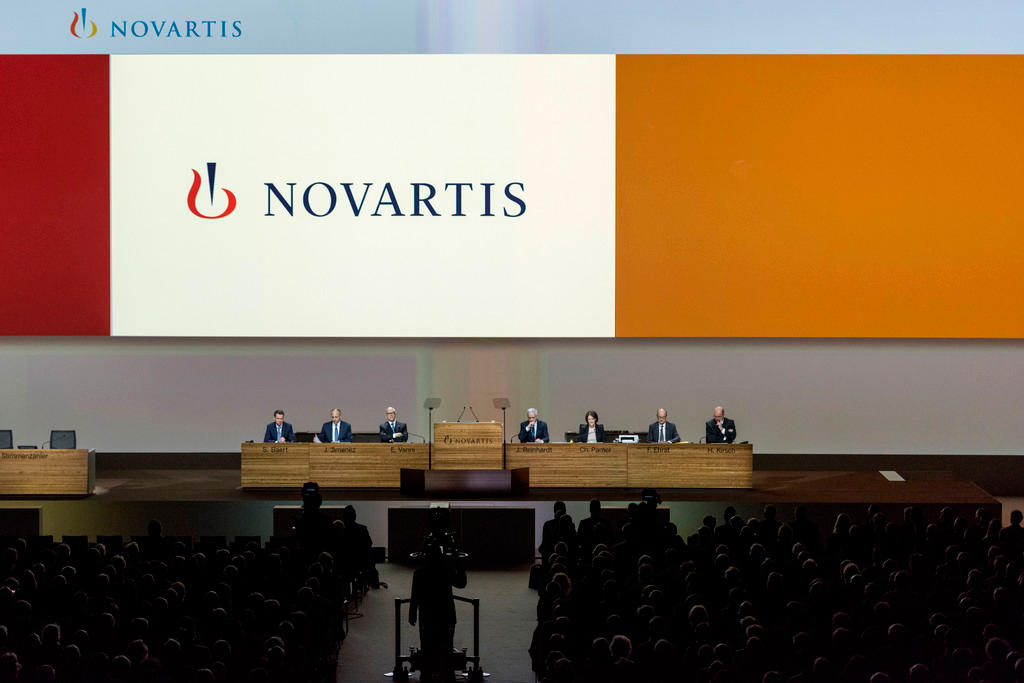Greece investigates Novartis for alleged bribery

A Greek investigation into allegations of corruption against the Basel-based pharmaceutical giant has been announced following the attempted suicide of a Greek Novartis official on Sunday.
On Tuesday, Greek parliamentarian Stavros Kontonis promised a “quick and thorough” investigation into allegations of bribery and corruption on the part of certain Novartis officials.
According to a statement from the Greek justice ministry, Kontonis ordered the investigation following “denunciations (published in the press) concerning bribery payments to officials by Novartis”.
Swiss news agency ATS reports that according to a judicial source, a preliminary investigation has been underway for the last two months, and about 178 people have been interviewed regarding presumed illegal discounts offered by Novartis to civil servants or doctors. The amount of the payments has not yet been named.
The case has rebounded in recent days after a suicide attempt on New Year’s Day in Athens by a Greek Novartis executive, which was ultimately prevented by police. According to the same judicial source, the person attempting suicide would have been among those interviewed in relation to the case.
The source indicated that agents from the US Federal Bureau of Investigation are also in Athens to investigate Novartis with Greek authorities. Novartis was investigated by US authorities in 2014 in a bribery case in which payments were made to boost sales of certain drugs.
In a statement Tuesday evening to French news service AFP, a Novartis spokesperson assured “full cooperation with the demands of authorities both local and foreign. Novartis is committed to the highest standards in matters of ethical business conduct and regulatory compliance in all aspects of its business, and takes very seriously all allegations of misconduct”.

In compliance with the JTI standards
More: SWI swissinfo.ch certified by the Journalism Trust Initiative












You can find an overview of ongoing debates with our journalists here . Please join us!
If you want to start a conversation about a topic raised in this article or want to report factual errors, email us at english@swissinfo.ch.